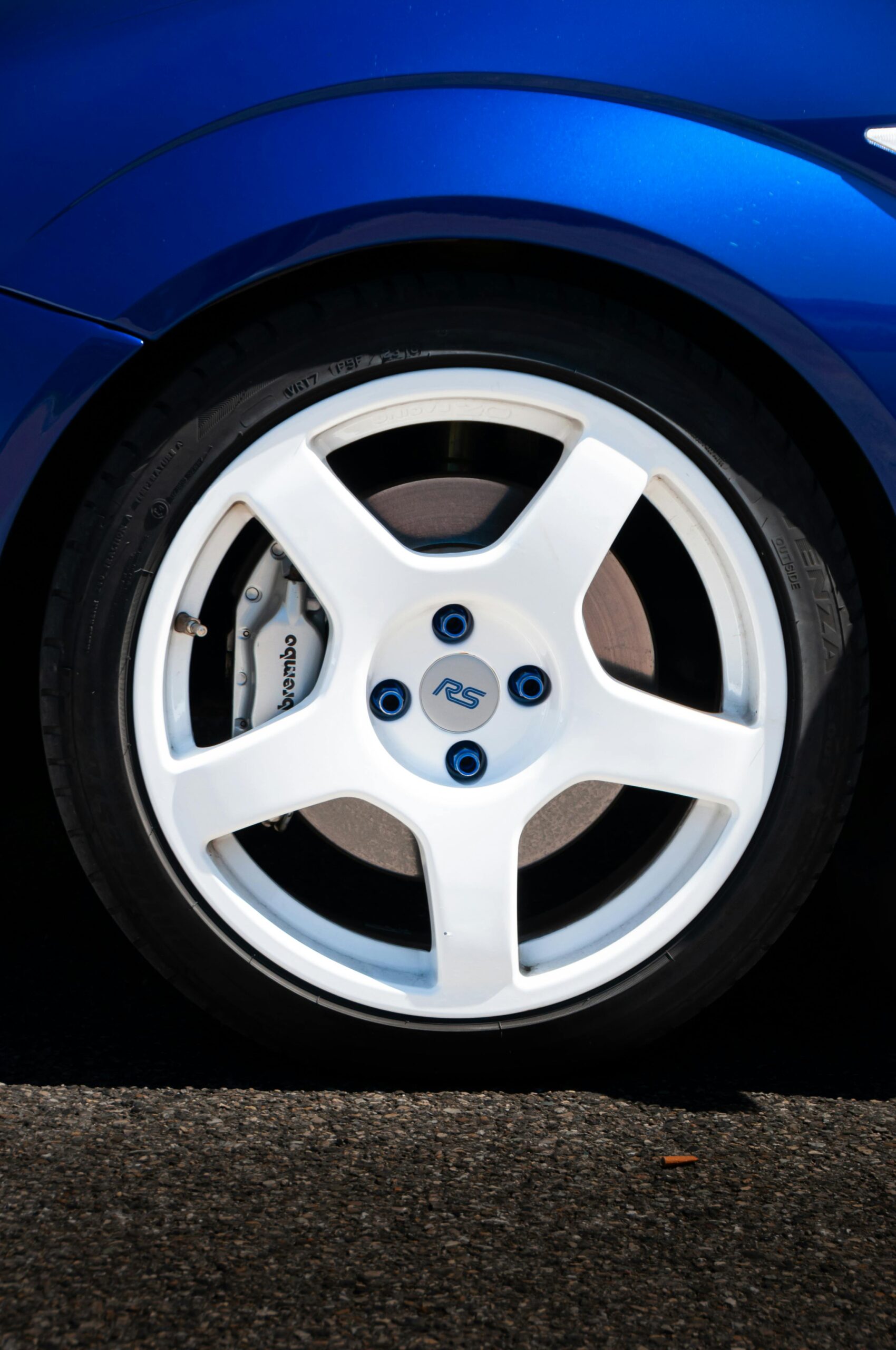Maximize Performance with Sport King Tires
Whether you’re navigating rugged terrain or cruising the highway, the tires beneath your vehicle can make all the difference. In a market saturated with choices, Sport King Tires stand out as a leader in performance, safety, and durability. This guide explores everything you need to know about Sport King Tires, including core principles, application strategies, and future trends that will keep you ahead of the curve.

Understanding the Fundamentals
Tires are not just accessories—they are crucial components that directly affect vehicle handling, fuel efficiency, and safety. Sport King Tires are engineered with precision to deliver superior results in all these categories. Understanding their core fundamentals allows drivers to make informed decisions based on performance needs and driving conditions.
Over time, the tire industry has evolved from basic rubber molds to sophisticated composites and tread designs. Sport King Tires leverage this evolution by integrating modern technologies that meet the needs of today’s drivers, whether for city driving or off-road adventures.
1.1 Tread Technology
The tread pattern is the most visible feature of a tire, and it plays a pivotal role in traction and handling. Sport King Tires utilize variable tread blocks, siping technology, and reinforced shoulders to optimize grip across surfaces. Recent studies show that drivers using multi-directional tread tires like those from Sport King experience 25% fewer skids on wet roads.
Beyond wet and dry traction, these treads reduce hydroplaning and improve braking distance. A common misconception is that deeper treads always mean better traction—however, Sport King balances depth with channel design for optimal road contact.
1.2 Rubber Composition
Compared to conventional tires, Sport King Tires use a proprietary blend of silica and synthetic rubber. This combination maintains flexibility in extreme temperatures while enhancing longevity and fuel efficiency. In contrast, generic tires may harden in cold or soften in heat, leading to rapid wear.
This high-grade material also reduces rolling resistance, contributing to better gas mileage. Case studies show fleets using Sport King Tires report 12% savings in fuel costs annually due to improved composition.
Practical Implementation Guide
Understanding tire features is only the beginning. To truly benefit from Sport King Tires, it’s essential to follow a clear implementation plan. From selection to installation, each step impacts overall performance and lifespan.

2.1 Actionable Steps
- Assessment: Evaluate your vehicle’s needs based on driving habits, terrain, and climate. Off-road SUVs benefit from Sport King’s rugged series, while sedans may prefer the all-season line.
- Selection: Use the manufacturer’s specification chart to match tire size and load capacity. Ensure the tire matches your vehicle’s rim size and recommended PSI.
- Installation: Schedule professional installation for proper balancing and alignment. Allow a break-in period of 500 miles for optimal tread adaptation.
2.2 Overcoming Challenges
Some common challenges in tire upgrades include:
- Incorrect tire size selection
- Improper inflation pressure
- Neglecting alignment after installation
Watch for signs like uneven wear, vibration, or pulling to one side. Experts recommend checking tire pressure monthly and rotating every 5,000 miles to prolong the life of your Sport King Tires.
Advanced Applications
Once you’ve mastered the basics, you can explore advanced applications of Sport King Tires, particularly for performance vehicles and specialized uses. These innovations enhance performance metrics and introduce compatibility with intelligent vehicle systems.

3.1 Performance Tuning
Advanced drivers often tune their vehicles for racing or towing. Sport King offers reinforced sidewalls and high-performance treads that maintain structural integrity at high speeds or under heavy loads. Performance metrics include a 15% improvement in high-speed cornering and a 20% decrease in braking distance on dry roads.
3.2 Integration with Smart Systems
Many modern vehicles feature tire pressure monitoring systems (TPMS) and adaptive suspension. Sport King Tires are designed to be fully compatible with these technologies, ensuring real-time feedback and automatic adjustments based on driving conditions. Compatibility is particularly crucial in hybrid and electric vehicles.
Future Outlook
The future of tires includes smart materials, embedded sensors, and eco-friendly manufacturing. Sport King is already investing in these innovations, aiming to release self-healing tires and real-time tread monitoring systems within the next three years.
For consumers, this means more reliable, longer-lasting products with real-time safety features. Staying informed about these changes ensures your vehicle remains equipped with the best the industry has to offer.
Conclusion
To summarize:
- Sport King Tires offer advanced tread and rubber technologies for enhanced safety and performance.
- Proper selection and maintenance can extend tire life and boost vehicle efficiency.
- Emerging innovations will make these tires even smarter and more adaptive in the future.
Now is the perfect time to upgrade your ride with Sport King Tires. Their proven performance, combined with future-ready technology, ensures you’re getting the best value for your investment. Visit your local dealer to explore options tailored to your driving needs.
Frequently Asked Questions
- Q: What makes Sport King Tires different from regular tires? Sport King Tires use premium compounds and intelligent tread designs that outperform conventional options in both longevity and grip.
- Q: How do I choose the right Sport King Tire for my car? Start by checking your vehicle’s manual, then match the tire size, load rating, and seasonal needs with Sport King’s offerings.
- Q: How long do Sport King Tires typically last? With regular maintenance, they can last between 50,000 to 70,000 miles depending on driving conditions.
- Q: Are Sport King Tires expensive? They are competitively priced, ranging from $90 to $250 per tire, depending on size and series. Long-term durability offers better value.
- Q: How do they compare to other performance tires? Sport King Tires offer a strong balance of cost, durability, and advanced tech, often outperforming competitors in off-road and all-season categories.
- Q: Are they hard to install or maintain? Installation is straightforward with professional help. Regular rotations, pressure checks, and alignments are sufficient for maintenance.
- Q: Are there Sport King options for commercial or heavy-duty vehicles? Yes, the brand offers a range of heavy-duty tires for trucks, trailers, and commercial fleets with reinforced casings and deep treads.
